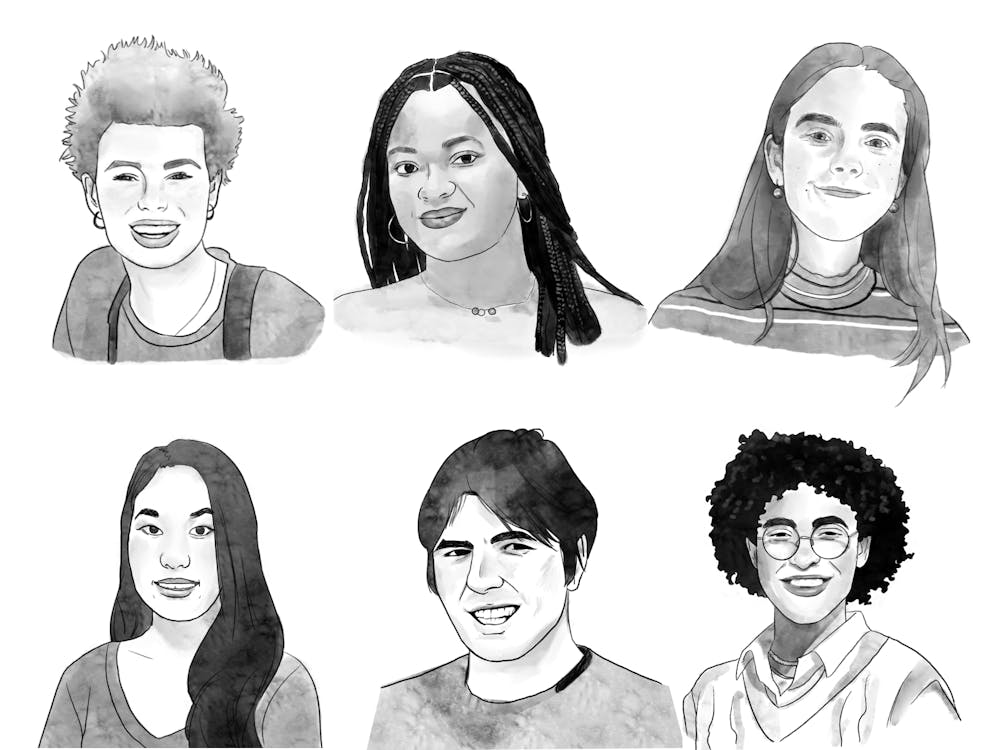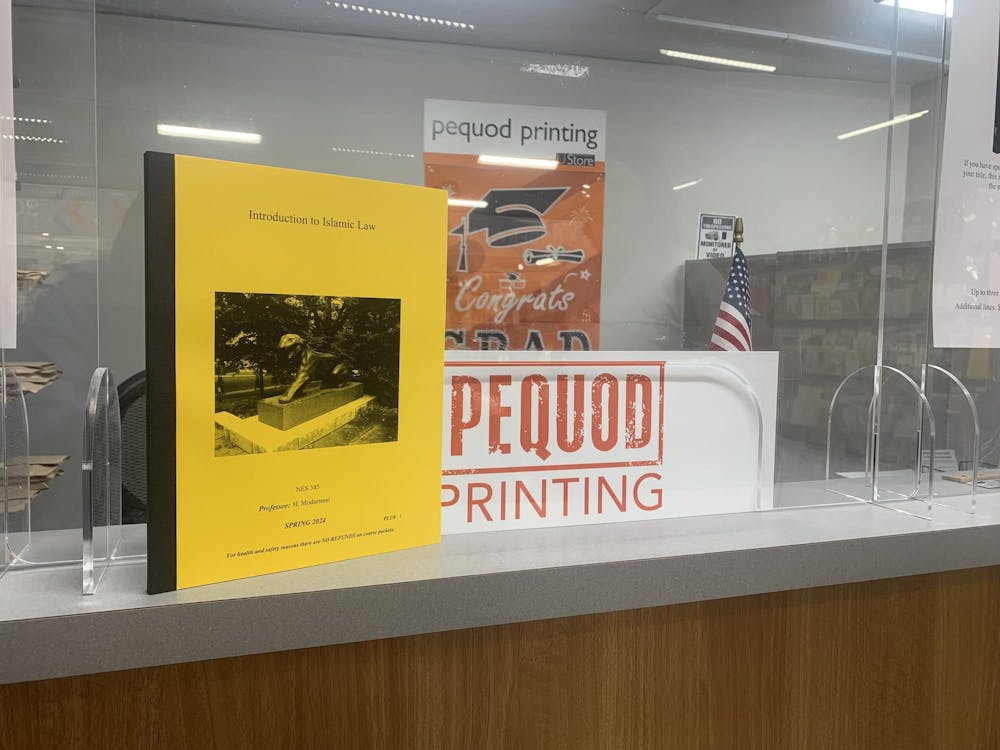In a Q&A published in The Daily Princetonian on March 11, Susan Patton ’77 argued that women who receive unwanted sexual contact after drinking excessively bear a degree of “responsibility” for their victimization. Patton’s remarks came in defense of claims in her recent book, "Marry Smart", that a woman who dresses provocatively or who impairs herself by consuming alcohol assumes “accountability for what may happen.” In response to Patton’s comments, 215 University faculty members signed a letter to the editor of the 'Prince', published on March 26, stating “we do not believe that their [students’] manner of dress or drinking behavior makes them responsible for unwanted sexual contact” and encouraging students to reach out for help if necessary. The Board endorses these faculty members’ position: the Board not only rejects Patton’s claims on face, but believes that the sentiments they embody are counterproductive to serious, ongoing efforts to combat the issue of sexual assault and sexual harassment within the Princeton community.
Regardless of the circumstances, the Board believes that sexual assault and sexual harassment represent significant violations of a person for which only perpetrators and accomplices bear responsibility. Though excessive drinking often carries severe consequences in itself, these should not be used to divert accountability for unwanted sexual contact away from those who choose to impose it. Moreover, Patton’s statement that a woman should “simply not allow herself to come to a point where she is no longer capable of protecting her physical self” presents a narrow and inconsiderate view of the issue of sexual assault: such acts are frequently violent in nature and leave victims with little opportunity to resist. Whether or not a victim is able to defend himself or herself against aggression or manipulation is no barometer for accountability. In addition, Patton ignores the fact that sexual assault is often premeditated, motivated by the desire to exercise power and carried out by someone whom the victim knows; in these cases, what an individual happens to be wearing has little or nothing to do with the perpetrator’s decision to deliver unwanted sexual contact.
More specifically, comments such as Patton’s threaten the University’s community values and efforts to curb incidents of sexual assault and sexual harassment on Princeton’s campus. According to the Sexual Harassment/Assault Advising, Resources & Education office, each year one in nine University undergraduates experiences some form of “power-based personal violence,” a category which encompasses sexual assault, sexual harassment, stalking and dating or domestic violence. The false impression that victims of unwanted sexual contact somehow deserved it discourages victims from reporting their cases or from seeking the resources available to them, further burdening them with unwarranted feelings of shame and embarrassment. Furthermore, such beliefs undercut the community’s sense of responsibility in standing up for one another. By making recipients of unwanted sexual contact seem more like accomplices than victims in the violations and acts of violence perpetrated against them, we rationalize the actions of perpetrators and find a convenient excuse not to intervene or to defend one another when we are in dangerous situations. Patton’s language contributes to a world in which perpetrators are not held accountable for their actions, incidents of sexual violence become more frequent and the experiences of victims are obscured and met with shame.
The Board strongly believes that the University should be a place where victims and survivors feel supported by their community and where individuals can feel safe from sexual assault or sexual harassment. Remarks such as Patton’s are not only mistaken, but belong to an intellectual vacuum that threatens to impede very serious, very real efforts to educate students on ways of thinking about and of dealing with unwanted sexual contact.
Dissent
The Board’s position is itself “counterproductive” to fighting the serious problem of sexual assault. What better way to “make very serious, very real efforts to educate students” about how to combat this grave issue than to provide common sense advice on how to prevent the problem if possible? While we do not endorse Patton’s every turn of phrase, we recognize the wisdom at the core of her comments: act responsibly and avoid dangerous situations as best you can.
We do not condone an uncompassionate, victim-incriminating community. That said, we must also uphold the importance of individual prudence. It is simply common sense that inebriation and immodest dress render a woman more susceptible to sexual crime at the hands of morally depraved (and perhaps similarly inebriated) men. This does not— in any way— condone such men and the criminality of their behavior. But the practical ramifications of this sad reality are that women must be especially prudent in avoiding such situations.
The Board’s singular focus on the community’s responsibility unhelpfully deemphasizes individual precaution. It is astonishing that the Board should relegate Patton’s practical wisdom, albeit sensationally-worded, to “an intellectual vacuum” when its own advice is itself vacuous.
Signedby Zach Horton '15 and Sergio Leos '17









